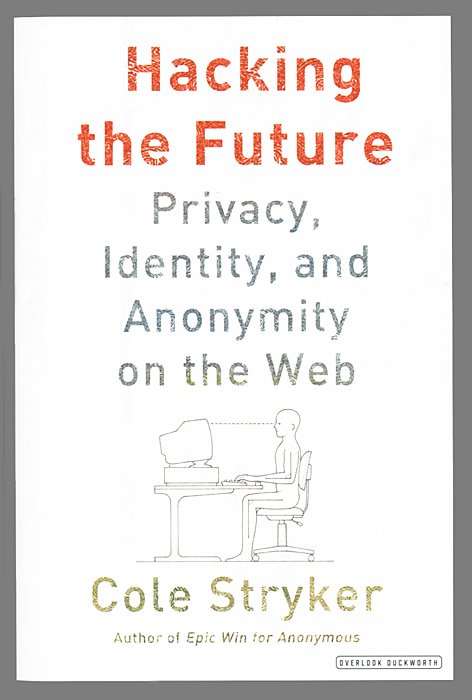How does anonymity enable free speech-and how is it a threat? "I think anonymity on the Internet has to go away," famously said by Randi Zuckerberg (sister of Mark), has become the policy for some, while the Stop Online Piracy Act mobilized millions to write Congress in protest. Timely and thoroughly researched, Hacking the Future is a comprehensive look at how anonymity influences politics, activism, religion, and art-but the primary focus is, of course, the Internet. Hacktivist collectives like Anonymous and LulzSec and corporations like Facebook and Google are struggling to define their stances on identity enforcement. In the age of social networking, is true anonymity even possible, and if so, is it realistic to attempt to abolish it?
Stryker presents a strong philosophical defense of anonymity and explores some of the toots and organizations relating to this issue, especially as it has evolved with the ubiquity of the Internet. Cogent and compelling, his examination of online identities, both false and real, is an essential read for the new digital age. Это и многое другое вы найдете в книге Hacking the Future: Privacy, Identity, and Anonymity on the Web (Cole Stryker)
